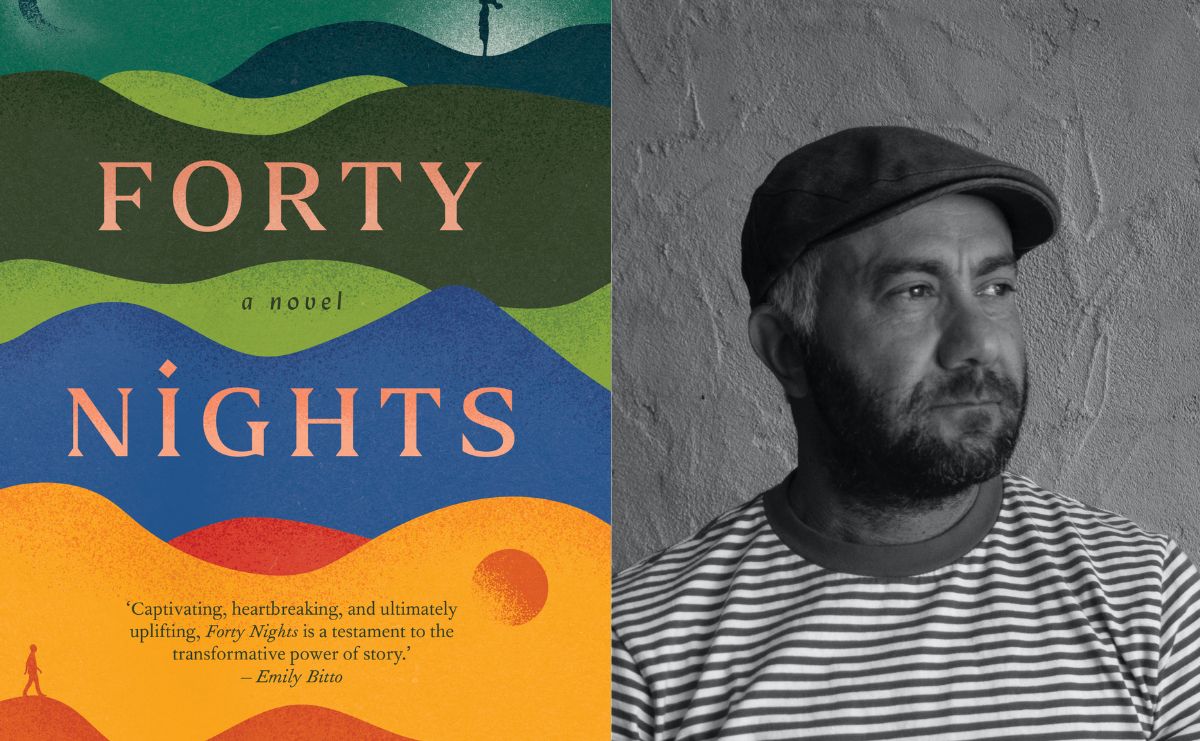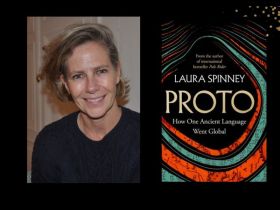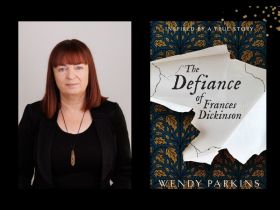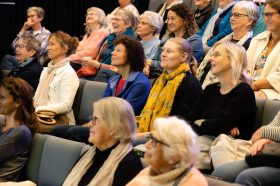In an era where more and more people are migrants, artistic empires are built on the frontiers between the old country and the adopted country, between the remembered home, the imagined home and the lived reality of home. Pirooz Jafari’s Forty Nights bridges these fault lines with a moving, sometimes elegiac, sometimes dreamy novel that asks profound questions about the nature of home in more than one place, or in places that always change.
The story follows Tishar, a migration lawyer in Melbourne’s outer suburbs, who meets a woman, Habiba, who seeks to bring her orphaned niece out to Australia from war-torn Somalia. This story is a remedy to hostile political concerns about ‘African gangs’ and the slow grind of Australia’s immigration bureaucracy.
The struggle to portray the migrant experience has produced some of Australia’s most poignant literary works, from Outer Urban Projects’ play The Audition to Behrouz Boochani’s detention centre notebooks. Erik Jensen, editor of The Saturday Paper, has compared the struggle for refugee civil rights in Australia to the struggle for African American civil rights in the US.
If it falls to our artists to imaginatively repair the gap in conceptualising the experience of a variety of others that the state cannot conceive of or accommodate, we are lucky to have an artist as imaginative and as deep-feeling as Jafari, who finds a range of innovative ways to tell his central stories.
His story of a migration lawyer and his client is already enough to rend the heart, with the situation stirring up memories of Tishar’s own past as a teenager in Iran. Incidentally, some of Australia’s best writing comes from its Iranian migrant community – Shokoofeh Azar was shortlisted for the Man Booker International Prize for her novel inspired by Iranian folklore – and Jafari’s novel belongs in this tradition.
The subplot of political unrest among young people in Iran is particularly poignant at the moment, when young Iranian women are setting fire to their headscarves and the Iranian state has responded by engaging in further crackdowns. When the novels of this moment appear, they will have their place alongside novels like Pirooz’s, which elegantly recalls the unrest of Iran in the 1970s, when an educated middle-class family like Tishar’s was caught between tradition and progress, and between Iran and Australia.
In a novel with such historical acuity and emotional depth, it is also an added gift that Pirooz tells his story so inventively. This book has the historical scope of Salman Rushdie in The Enchantress of Florence. In addition to the story of Tishar and his Somalian client, the novel also evokes the experience of Gretel, a young woman in 1300s Sweden during the Battle of Visby, where the Swedes sought to overthrow the Gotlanders.
The Scandinavian parallel brings out the post-colonial resonances in the central story: between Australia and Somalia, and between Arab colonialism and Persian civilisation and Iran. It also creates the question of why there isn’t more Australian literature that engages with Scandinavian culture, given the purported commitment of both cultures to equality, fairness and multiculturalism?
Read: Exhibition review: How I See It: Blak Art and Film
Like Nam Le’s The Boat before it, Forty Nights shows us a vision of Australia at its most multicultural and sophisticated, where refugee culture is central. It’s a portrait painted with imaginative range and emotional depth, as well as a keen eye for which historical moments make for a good contemporary story. Jafari’s book may appear modest, but proves to be ambitious, attentively realised and full of heart. If Australia is the lucky country, one of the reasons it is lucky is because it has works like this.
Forty Nights, Pirooz Jafari
Publisher: Ultimo Press
ISBN: 9781761150586
Format: Hardback
Pages: 320pp
RRP: $32.99
Publication date: July 2022





